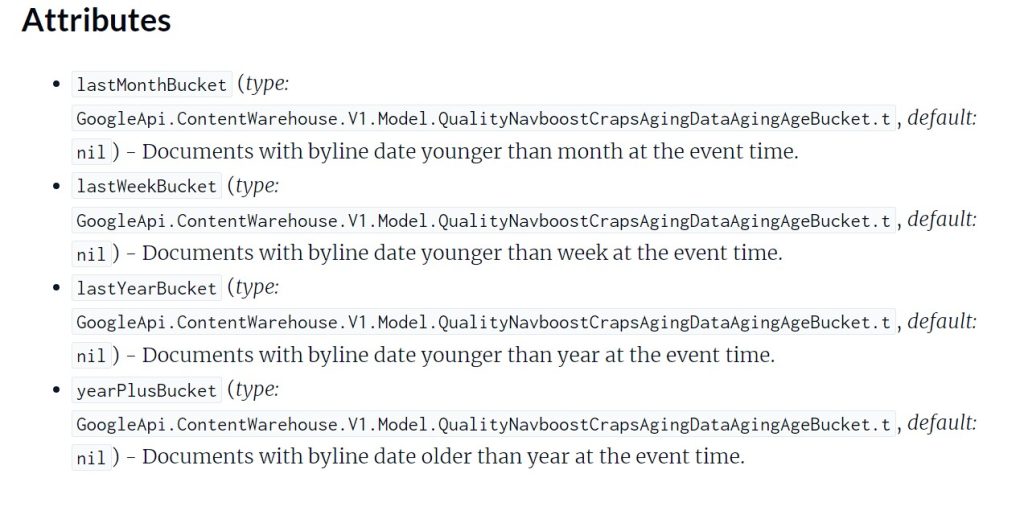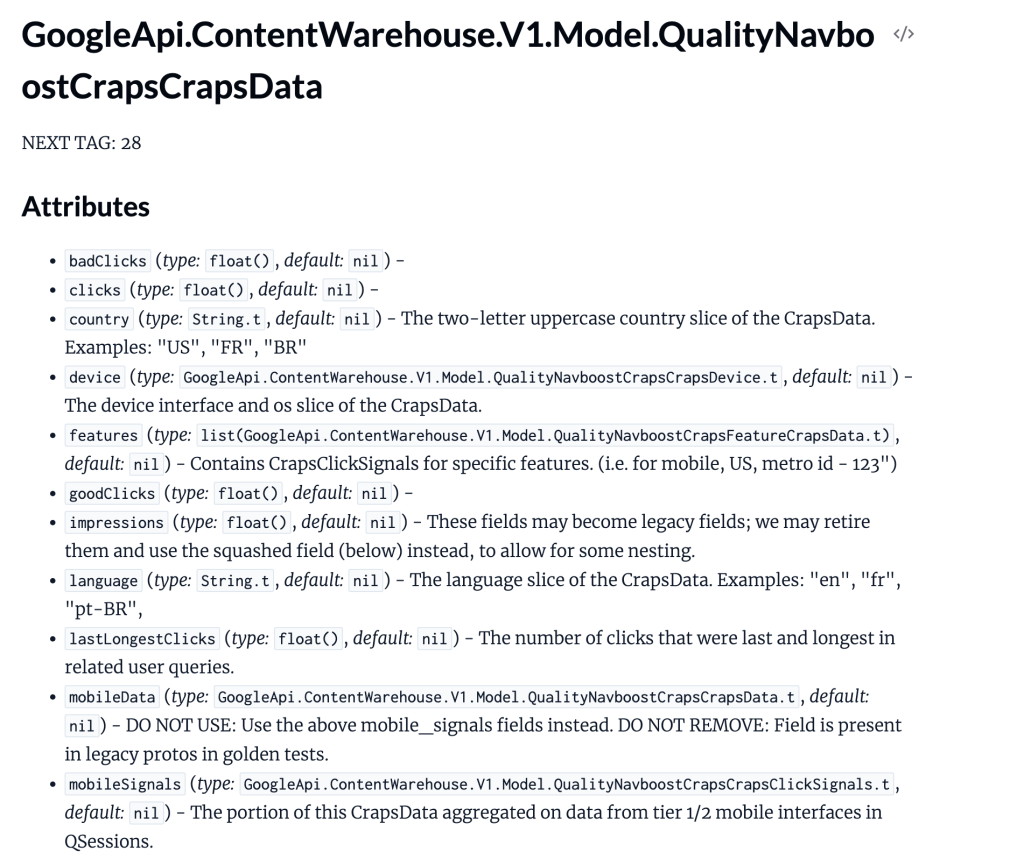“Let’s not try to manipulate this game or the specific algorithm in place. Instead, let’s use the [leaked] data we have to allocate more budget towards brand awareness and create better sites for our users.”
— Erfan Azimi, CEO of EA Eagle Digital, and the previously anonymous source behind the Google leak.
�
It has come to our attention that since early July, a small group of “black hat SEOs” has been manipulating “the game” – not only boosting their own sites but also de-ranking competitors and crossing ethical boundaries.
�
Google has measures in place to combat click spam and filter out robotic clicks through various methods. I won’t go into detail about these methods, as some of these “black hat SEOs” may be reading this article, but sometimes Google’s defenses falter and allow “bad clicks” to be considered when evaluating a page’s user signals.
�
Navboost carries significant weight in search rankings. According to DOJ documents and a leaked resume from Paul Haahr, it has been claimed that Navboost is the most influential part of the algorithm. It is given enough weight to lower the rankings of low-engagement pages, even if they have numerous trusted, topical links, if Navboost data indicates that users are not satisfied with the document for those relevant keywords.
�
I spent some of that time working on the “navboost” team which used click data to alter the search results. Even by 2007, click data was quite valuable, arguably the single most important component of the algorithm.
Kevin. L – Ex-Google Search Engineer
�
With Great Power Comes Great Responsibility
For the past three years, I’ve been actively testing Google’s interaction systems, including Navboost, site-level quality signals, Panda-like algorithms, and various other mechanisms that play a significant role in gaining viral boosts across Google Discover, Google News, and beyond.
�
Most of the clients I offered these services to came through referrals. These services were only provided when it made ethical sense, such as in cases involving reputation management (e.g., publicized divorces, lawsuits)
�
You can’t outrank emotional or tragic clickbait news stories because they attract many curious users who tend to stay on the page longer. Negative and shocking news creates the most “engagement” since users are shocked and deeply drawn to the negative aspects of the story. They click, they engage, they read, they tweet about it, and more people search for it, click on it, and stay long enough for the algorithm to boost it.
�
I sometimes used these services for smaller businesses that struggled to rank for anything on Google due to insufficient interaction data. For larger brands, my strategy involved optimizing each click (clustered by query, location, and device type) and running a click probability model to ensure maximum CTR. I worked with our developers and UX contractors to improve the UX and ensure users would stay as long as possible.
�
From Position #1 to Position #38
Last week, a prospect reached out to me (I won’t be naming the brand, website, address, or niche). Their “money term” generates thousands of dollars in revenue every day.
�
Their site received 140,000 bot clicks from Google overnight in early July. The result? Their ranking dropped to position #5 the next day:
�
GA – Spike of Programmtic Clicks
�

GSC – Selected Exact Match Phrase
�

�
Within two months, another spike in clicks occurred, and they were pushed down to position #35. This is a highly profitable keyword with thousands of monthly search queries for a single transactional keyword—attracting black-hat SEOs willing to do anything to steal the #1 spot.
�
Still not convinced? Reach out to me privately, and with your written approval, I’ll be happy to change your mind using your company’s most important target keyword. it’s free to try.
�
Click Signals Are Gamable But Much Harder Than Gaming Links
Any random bot claiming they can get you ranked #1 by sending a bunch of robotic clicks is not to be trusted. Why don’t they use their “secret sauce” software to rank for their own money keyword, “CTR Manipulation”? As evidence, they always provide screenshots of Rand Fishkin’s decade-old experiments which was done by real users.
But there are some very smart SEOs out there with legitimate programming skills who may have figured things out by testing, using the Google leak, and configuring their bots to mislead Google into believing these robotic clicks are from real users.
�
Short-Clicks Influence Rankings Faster Than Long Clicks

Long clicks are clustered based on weeks, months, or the past 12 months, but there is no time-based clustering for short clicks. This means you could potentially send hundreds of thousands of short clicks, which could immediately destroy the rankings, but could you take weeks or months to recover?
�

�
�
Watch Out for Abnormalities in The # of Clicks & Impressions
I have a message for all of you—whether you’re an SEO, a digital marketing practitioner, or a business owner who relies heavily on Google search as the main source of revenue: Watch out for abnormalities in the number of clicks being generated to a particular URL. You may initially be excited by the increased clicks, thinking you’re actually growing, but in reality, a shady competitor may be trying to harm you.
If their bot is advanced enough, and they send a sufficient number of bad clicks, you may get demoted.
�
How to Recover Once You’re Demoted
- Make significant edits to the article or page: Update the content substantially to trigger the freshness boost.
- Leverage social media: Ask friends and family to search for different variations of the keyword, including branded keywords that may include your target keyword, and click on your link. The idea is to trigger the “Instant Navboost” that temporarily boosts pages within 10 minutes.
By combining real-time Navboost and the freshness algorithm, you should be able to boost your ranking temporarily for a day or two. This will give you enough visibility and buy some time to collect new user signals during the period of temporary elevation.


